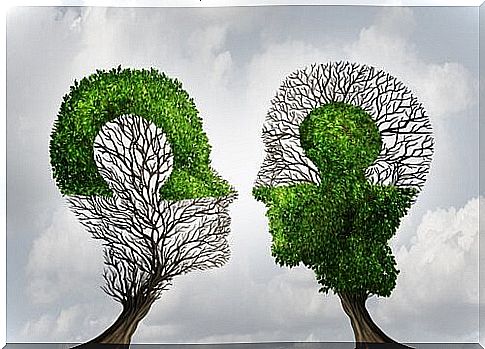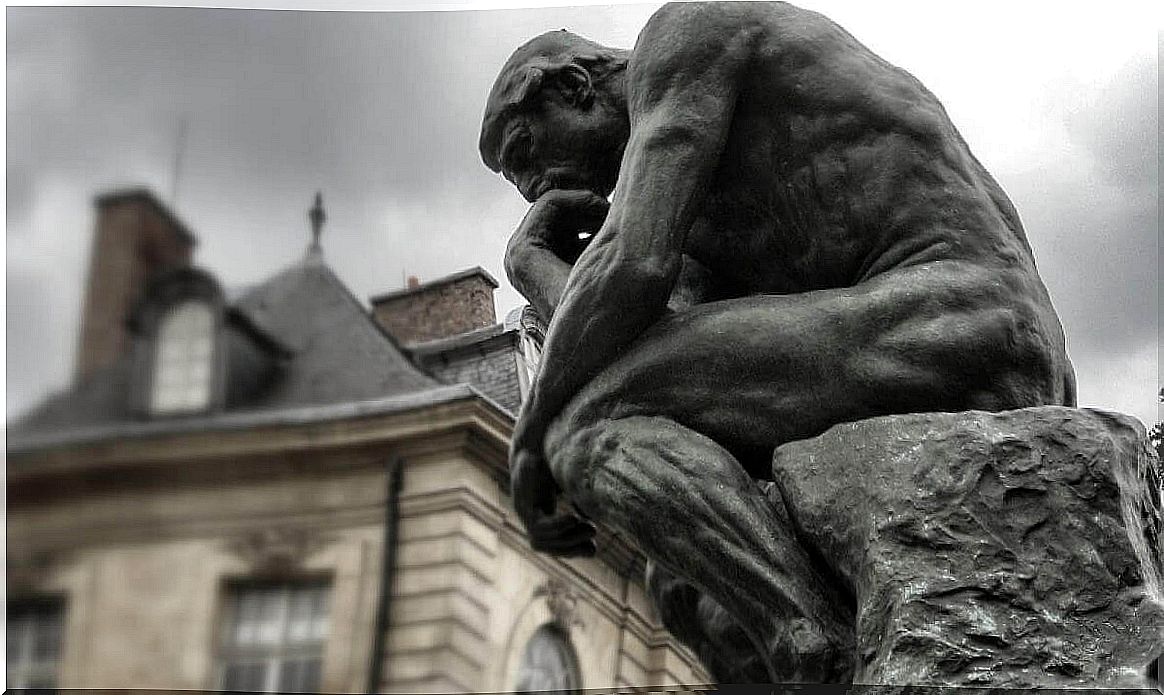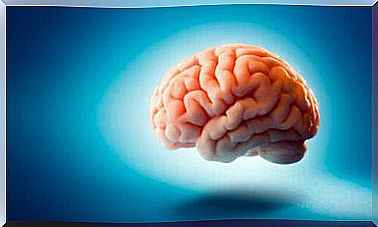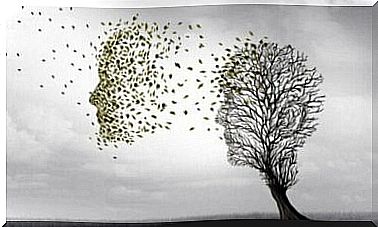What Is The Relationship Between Philosophy And Psychology?

Philosophy and psychology are two different fields with a common place in history. Psychology arose from philosophy. It arose to include the empirical method of answering the questions posed by philosophy. Therefore, philosophy has brought different disciplines to psychology, such as emotion, perception, intelligence and memory.
In contrast, the solutions that each field offers are often different. Although they share subjects in the studies, they have different views. Although they use the same theories, philosophy and psychology can often come to completely different conclusions. Therefore, professionals in these fields sometimes look at each other as opponents.

Psychology and philosophy
The word “psychology” comes from the Greek words “psyche” and “logos”. These separately mean “soul” and “study”. Therefore , psychology means the study of the soul. In a simplified way, we can say that psychology is the science that is responsible for studying the human mind and behavior.
Psychology tries to explain what happens in our “black box” and how these events affect our way of behaving. At the same time, it includes stimuli we receive in the calculation. Psychology also tries to understand how people receive and interpret information that comes to them through their senses.
When it comes to philosophy, this comes from the Greek words “philo” and “sophia” which means “love of wisdom”. The purpose of philosophy is to solve problems that arise in reality.
Philosophy focuses on the study of varied and perhaps more transcendental problems. They include existence, knowledge, truth, morality, beauty, mind and language. In general, the research here is carried out in an unempirical way. It can be through conceptual analysis, mental experiments, speculation or other a priori methods.

Similarities between philosophy and psychology
Psychology depends on philosophy for several reasons. First and foremost, philosophy gives psychology a general view of being human. This is the basis for a good deal of psychological theories. The reverse is also true between these two fields. Philosophy sometimes uses scientific methodology to achieve its goals. Both share theories and study objects.
Another similarity is that philosophy has contributed some themes to psychology. Some examples of this are emotions, perception, intelligence, memory and will. As we said, these two study objects share, although their study methods and the answers they provide are different.
On the other hand, philosophy fits into psychology in two ways. One way is through the relative hypothesis. The mind and proper ways to study it. The second way is through the general principles underlying scientific research.
Differences between philosophy and psychology
Although both fields examine people’s behavior, they are different. Some differences lie in methods, causes and whether they choose to include morality in the calculation.
When it comes to method, philosophy works with conceptual categories and the relationships that exist between them. Therefore, they are open to any method.
Psychology, on the other hand, depends on the empirical and the statistical. It uses quantitative and qualitative research. It focuses on experiments and empirical tests of hypotheses. Experiments are a way to understand our behavior, as well as to validate the tools we have as different forms of therapy.
When it comes to the ultimate goal in these fields, philosophy has more intellectual purposes while psychology focuses on therapy and intervention. Philosophy creates philosophical systems or categories that will explain reality. Psychology wants to isolate individual variables in human behavior instead of studying a whole as philosophy does.
Therefore, psychological theories take into account our biology. An example is the study of the chemistry of our brain. In addition, psychology takes into account individual differences. After all, one can never completely imitate another person’s behavior. Not even if they are in the same circumstances.

Morality
Another major difference between the two fields lies in how they view morality. Philosophy wants to explain everything, which includes what is the right way to behave. It sometimes explains what is right and wrong.
On the other hand, psychology does not appear in this debate. Although it has proposed scales of ethics and morality, the purpose is not to study what morality is and what it is not, but rather what kind of different types of morality exist.
Philosophy and psychology study people and their behavior. They have similarities and differences and interpret the same things differently. Therefore, the methods each of them uses will condition the answers they give. Still, they share some theories and results.









